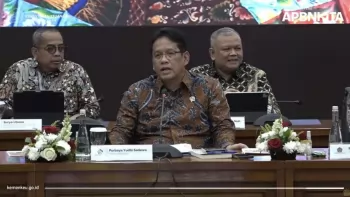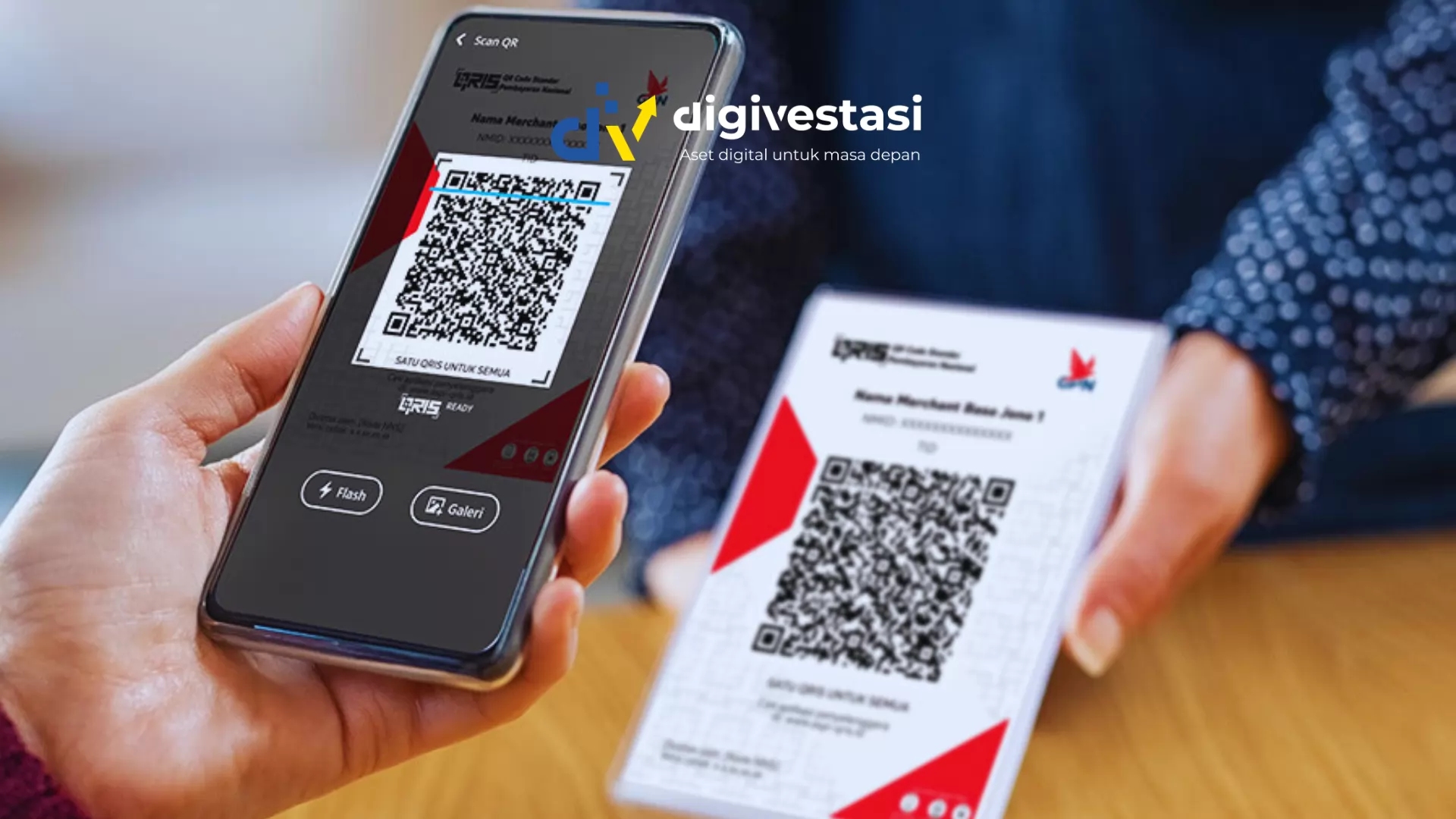
News Update
Purbaya Gives Ministries 16-Day Deadline to Finalize Budget
/index.php
Berita Terkini - Posted on 21 December 2024 Reading time 5 minutes

DIGIVESTASI - Bank Indonesia Responds to 12 Percent VAT Plan on Electronic Money Transactions, Bank Indonesia (BI) has responded to the government’s plan to increase the Value-Added Tax (VAT) rate to 12 percent, including its application to electronic money transactions. BI’s Head of Payment System Policy Department, Dicky Kartikoyono, emphasized the need to assess the impact of the VAT rate hike on electronic payment systems, including the use of QRIS, holistically.
Dicky did not confirm whether QRIS transactions would be subject to VAT. He stated that BI would coordinate further with the government to design the implementation mechanism for the policy.
“We need to look at this holistically. Further coordination with the government will be conducted, considering there is time to understand the policy’s mechanism and impact,” he explained to the media after the QRIS Tap trial on Friday (December 20).
Furthermore, Dicky noted that the 12 percent VAT policy has not been officially enforced, making it difficult to determine its precise effect on electronic money transactions. “I believe it’s not my place to answer because the impact concerns more macro aspects. Everything must be reviewed comprehensively,” he added.
The 12 percent VAT is planned to take effect on January 1, 2025, as stipulated in the Harmonized Tax Regulations Law (UU HPP). Generally, financial services are exempt from VAT. However, electronic money transactions, such as e-money and e-wallets, remain taxable under VAT.
The Directorate General of Taxes (DGT) at the Ministry of Finance has clarified that imposing VAT on electronic money services is not a new policy. “The imposition of VAT on electronic money service fees has been in effect since the VAT Law Number 8 of 1983, so this is not a new tax object,” stated Dwi Astuti, the Director of Extension, Services, and Public Relations at DGT, as reported by Antara on Friday (December 20).
According to UU HPP or Law Number 7 of 2021, electronic money services are not categorized as VAT-exempt. Thus, when VAT rises to 12 percent, the new rate will apply to electronic money transactions.
Further details on VAT application to financial technology services, including electronic money, are regulated under Ministry of Finance Regulation (PMK) Number 69 of 2022. VAT is imposed on service fees or commissions charged by providers to users, such as registration fees, balance top-ups, transaction payments, fund transfers, and cash withdrawals. This applies to both electronic money and e-wallet services.
However, the value of electronic money, balances, bonus points, reward points, and pure fund transfer transactions are not subject to VAT.
Find more news and articles on Google News
Source: kumparan.com
What do you think about this topic? Tell us what you think. Don't forget to follow Digivestasi's Instagram, TikTok, Youtube accounts to keep you updated with the latest information about economics, finance, digital technology and digital asset investment.
DISCLAIMER
All information contained on our website is summarized from reliable sources and published in good faith and for the purpose of providing general information only. Any action taken by readers on information from this site is their own responsibility.